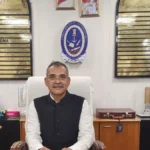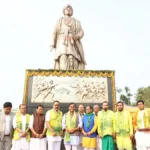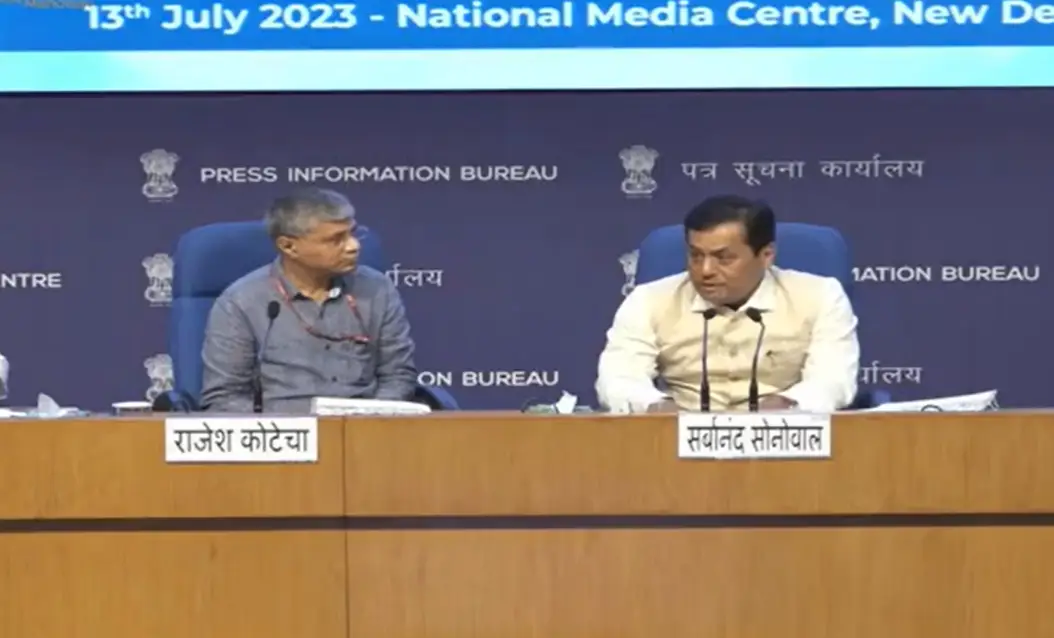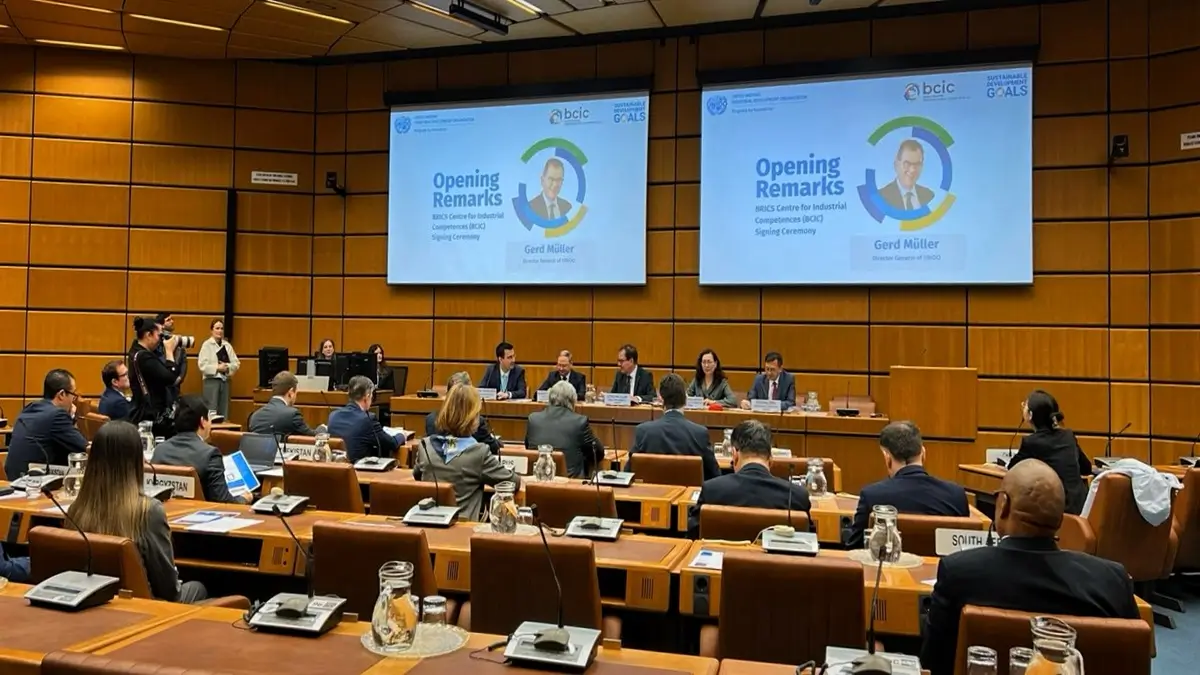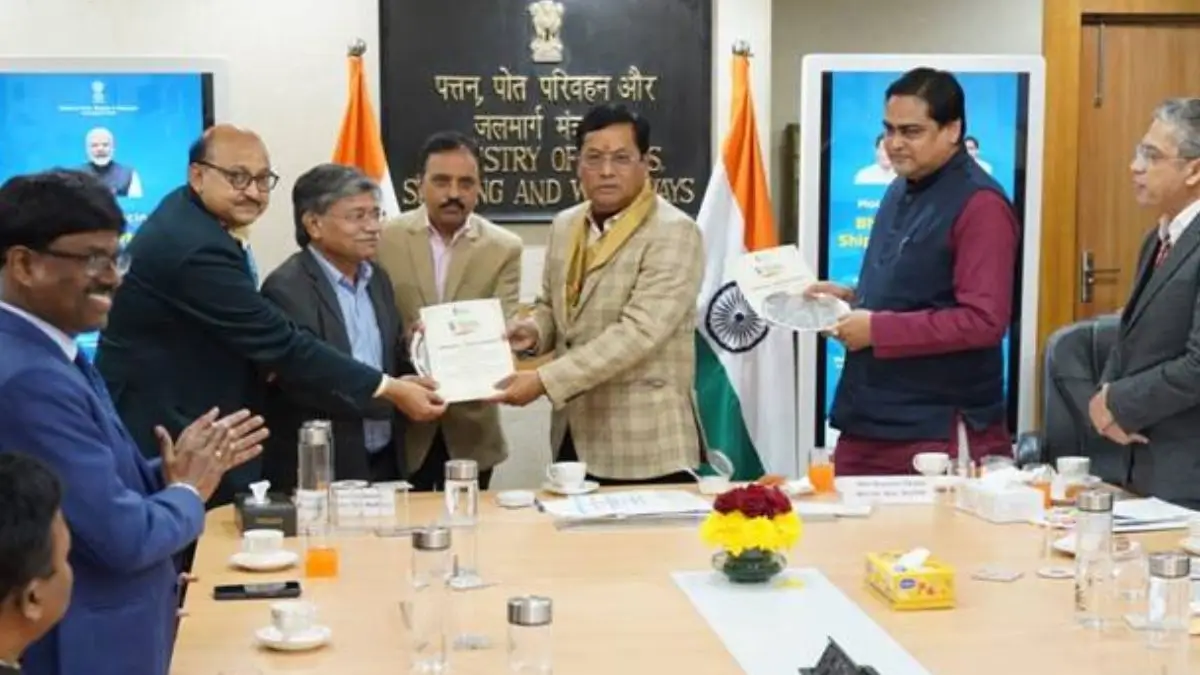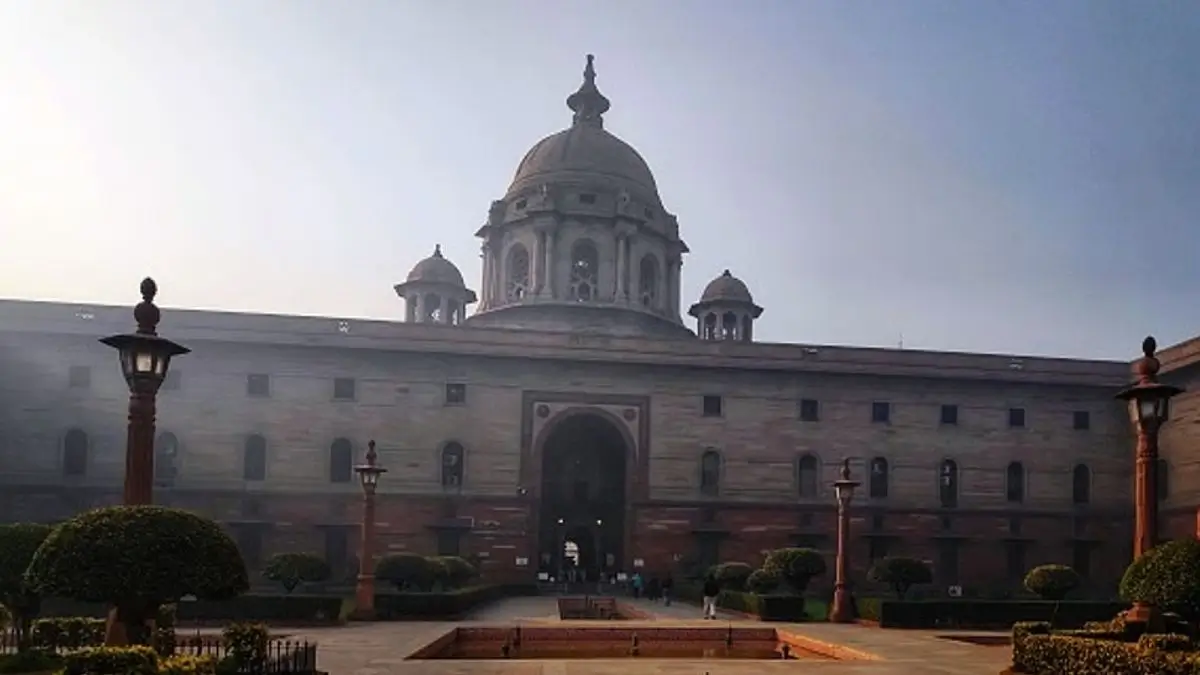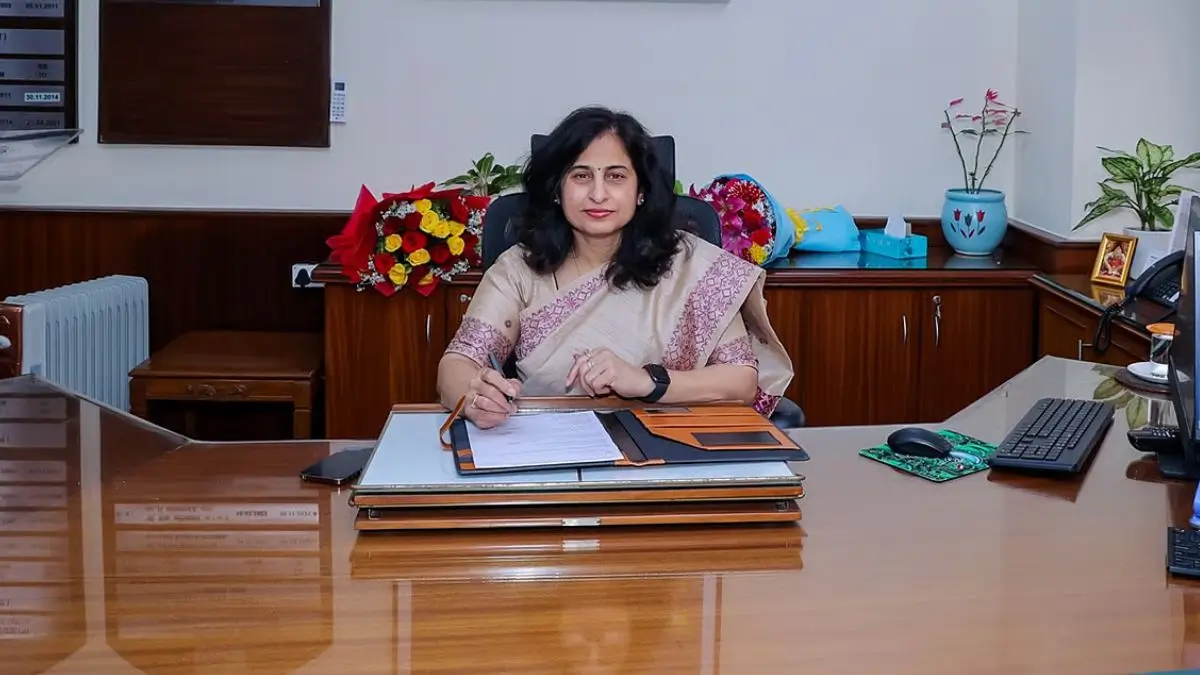India to Host ASEAN Countries Conference on Traditional Medicines”
India is set to host a significant conference on traditional medicines, bringing together ASEAN countries to promote the exchange of knowledge and experiences in this field. The conference aims to strengthen the ties between India and the ASEAN nations by harnessing the potential of traditional medicine systems. With a focus on sharing best practices, research, and collaborations, this event will provide a platform for holistic discussions and interactions.
Traditional medicine has been an integral part of Indian culture for centuries, and it plays a crucial role in healthcare practices. The conference will serve as a crucial step towards integrating traditional medicine systems into mainstream healthcare, combining the wisdom of ancient practices with modern advancements. This event will not only benefit the ASEAN countries but also offer opportunities for India to showcase its rich heritage of traditional medicine.

Why this News is important:
Strengthening International Collaborations: The conference signifies India’s commitment to fostering stronger ties with ASEAN countries in the field of traditional medicine. By hosting such an event, India aims to enhance international collaborations, leading to mutual benefits in healthcare practices and research.
Promoting Traditional Medicine Systems: This conference highlights the significance of traditional medicine systems and their integration into mainstream healthcare. It acknowledges the potential of traditional practices in providing holistic healthcare solutions and encourages their adoption on a global scale.
Exchange of Knowledge and Best Practices: The event provides a platform for experts, practitioners, and researchers to share their knowledge and experiences in traditional medicine. This exchange of ideas and best practices will contribute to the advancement of healthcare systems in ASEAN countries and India.
Historical context:
Traditional medicine has a long history in India, with Ayurveda, Siddha, and Unani systems of medicine being widely practiced for centuries. These systems are based on holistic approaches, considering the physical, mental, and spiritual well-being of individuals. The ancient texts and scriptures provide a comprehensive understanding of the human body, diseases, and their treatments.
India has been actively working towards the integration of traditional medicine systems with modern healthcare practices. The Ministry of AYUSH (Ayurveda, Yoga & Naturopathy, Unani, Siddha, and Homoeopathy) has been instrumental in promoting and regulating traditional medicine in the country. Collaborations with international organizations and countries have been a key focus to exchange knowledge and experiences in this field.
Key Takeaways from “India to Host ASEAN Countries Conference on Traditional Medicines”:
| Serial Number | Key Takeaway |
|---|---|
| 1. | The conference aims to strengthen ties between India and ASEAN countries in the field of traditional medicine. |
| 2. | It provides a platform for the exchange of knowledge, best practices, and research in traditional medicine systems. |
| 3. | The event promotes the integration of traditional medicine into mainstream healthcare practices. |
| 4. | Discussions will focus on scientific validation, quality control, and regulation of traditional medicine. |
| 5. | India can showcase its rich heritage and expertise in traditional medicine through hosting this conference. |
Important FAQs for Students from this News
What is the significance of traditional medicine systems in India?
Traditional medicine systems in India have a rich heritage and play a crucial role in healthcare practices. They offer holistic approaches to health and well-being, considering the physical, mental, and spiritual aspects of individuals.
How does the conference on traditional medicines benefit India and ASEAN countries?
The conference aims to strengthen ties between India and ASEAN countries by promoting the exchange of knowledge and experiences in traditional medicine. It provides a platform for collaborations, research, and the integration of traditional medicine into mainstream healthcare practices.
What are the key takeaways from the news article?
The key takeaways include the aim of strengthening international collaborations, promoting traditional medicine systems, exchanging knowledge and best practices, encouraging research and innovation, and showcasing India’s traditional medicine heritage.
What is the historical context of traditional medicine in India?
Traditional medicine has a long history in India, with systems like Ayurveda, Siddha, and Unani being practiced for centuries. The Ministry of AYUSH in India actively promotes and regulates traditional medicine, and collaborations with international organizations have been a focus to exchange knowledge and experiences.
How does the conference contribute to the advancement of healthcare systems?
The conference encourages scientific validation, research, and innovation in traditional medicine. It promotes evidence-based practices, discussions on quality control and regulation, and the development of new approaches to healthcare, leading to advancements in the field.
Some Important Current Affairs Links




